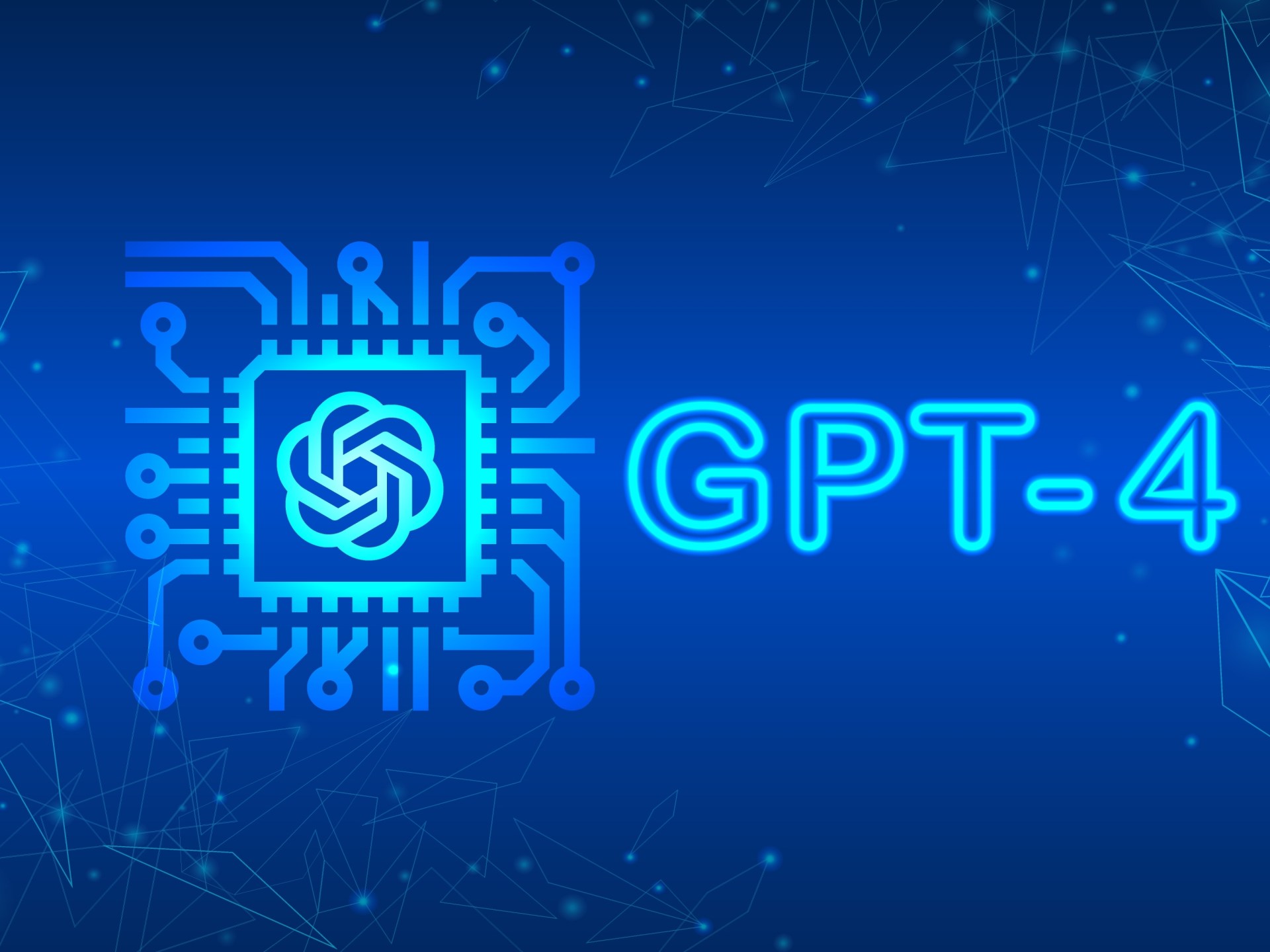ChatGPT, a generative program that interacts with humans and can produce all kinds of text on demand, has swept academia, professional and even political circles, with politicians using it to write letters or draft laws, but it threatens to form influence campaigns that are difficult to determine whether they are human-made.
In Japan, a member of parliament questioned the prime minister with questions suggested by the chatGPT robot at the end of March. In France, the instrument drafted an amendment to the 2024 Olympic Games bill.
Politicians and Artificial Intelligence
Politicians are now trying to seize the potential of this chatbot, which has more than 100 million active users earlier this year, just two months after its launch.
Pascal Marchand, a professor of media science at the University of Toulouse, says AI tools such as chatGPT are capable of "generating discourses in line" with traditional political ideologies. But because they are unable to innovate, they are less important for parties that want to "adapt to the status quo and adapt to the times."
Right-wing parties struggle with the JBT program, seeing it as a product of the WOK culture — vigilance against racial abuse and discrimination — and imprinted with the liberal and "progressive" values of Silicon Valley, where Big Tech is located.
Western Right
In France, National Rally president Jordan Bardella promotes on social media the idea that the GPT is establishing a "new great replacement," and the term "great replacement" refers to a far-right conspiracy theory that sees it replacing European populations with other regular immigrants, especially from Africa.
The first is the demographic projections that due to mass migration and high fertility rates, people of non-European origin are on their way to surpassing Europe's indigenous population, which would help them impose their culture and religion on the continent.
On the other hand, the theorist Renaud Camus believes that the "Great Replacement" will occur as a result of a conspiracy carried out by a "hidden power", the pro-globalization capitalist ruling elites, who support mass migration in order to build a new world in which all national, ethnic and cultural particularities disappear and become dominable and shaped to meet the needs of the globalized economy.
Marion Maréchal, vice president of the far-right Recovery Party, said the robot was destroying "critical sense."
ChatGPT, designed by OpenAI, or rival software like Google's Bard, has biases resulting from its training through a huge set of scripts and standards added by its designers to limit the generation of controversial or objectionable statements.
In New Zealand, researcher David Rosado designed the RightWingGPT robot trained to produce conservative statements in support of traditional family, Christian values and the free market, but not available to everyone.
AMERICAN ENTREPRENEUR ELON MUSK ANNOUNCED ON MONDAY THAT HE IS WORKING ON CREATING HIS OWN ARTIFICIAL INTELLIGENCE TOOL, TRUTHGPT, WHICH HE SAID WILL SEEK TO "SHOW AS MUCH TRUTH AS POSSIBLE" AND COMPETE WITH OTHER PROGRAMS THAT LACK THE NECESSARY CONTROLS.
In China, whose President Xi Jinping has called for the inclusion of artificial intelligence in his country's foreign policy and its use to promote diplomacy, Beijing intends to subject artificial intelligence tools to "security scrutiny" measures on the extent to which their contents adhere to "basic socialist values" and do not compromise state security.
Crowd manipulation
Suleiman Saleh, a professor of media and communication at Cairo University, believes that there are many indications that algorithms and robots have become used to manipulate public opinion by building a media and societal agenda and changing the course of discussing public issues, recalling that fake accounts were used in the 2016 US elections to spread political rumors and fake news and direct voters to links that include political news that affect their behavior.
Saleh added – in his article published on Al Jazeera Net – that artificial intelligence can produce content for voters looking for certain political information during political crises, in order to support candidates or increase sympathy with them by portraying them as popular, to urge citizens to vote for a candidate.
There are currently wide discussions about the impact of artificial intelligence on the concept of international relations and the political and diplomatic process, according to political scientist Khaled Walid Mahmoud.
In his article on Al Jazeera Net, Mahmoud believes that artificial intelligence has entered the world of foreign policy and is being applied to a wide range of consular and diplomatic activities and in an agenda with broad topics of different disciplines, ranging from economics, business and security, to the consolidation and dissemination of the principles of democracy and human rights.

